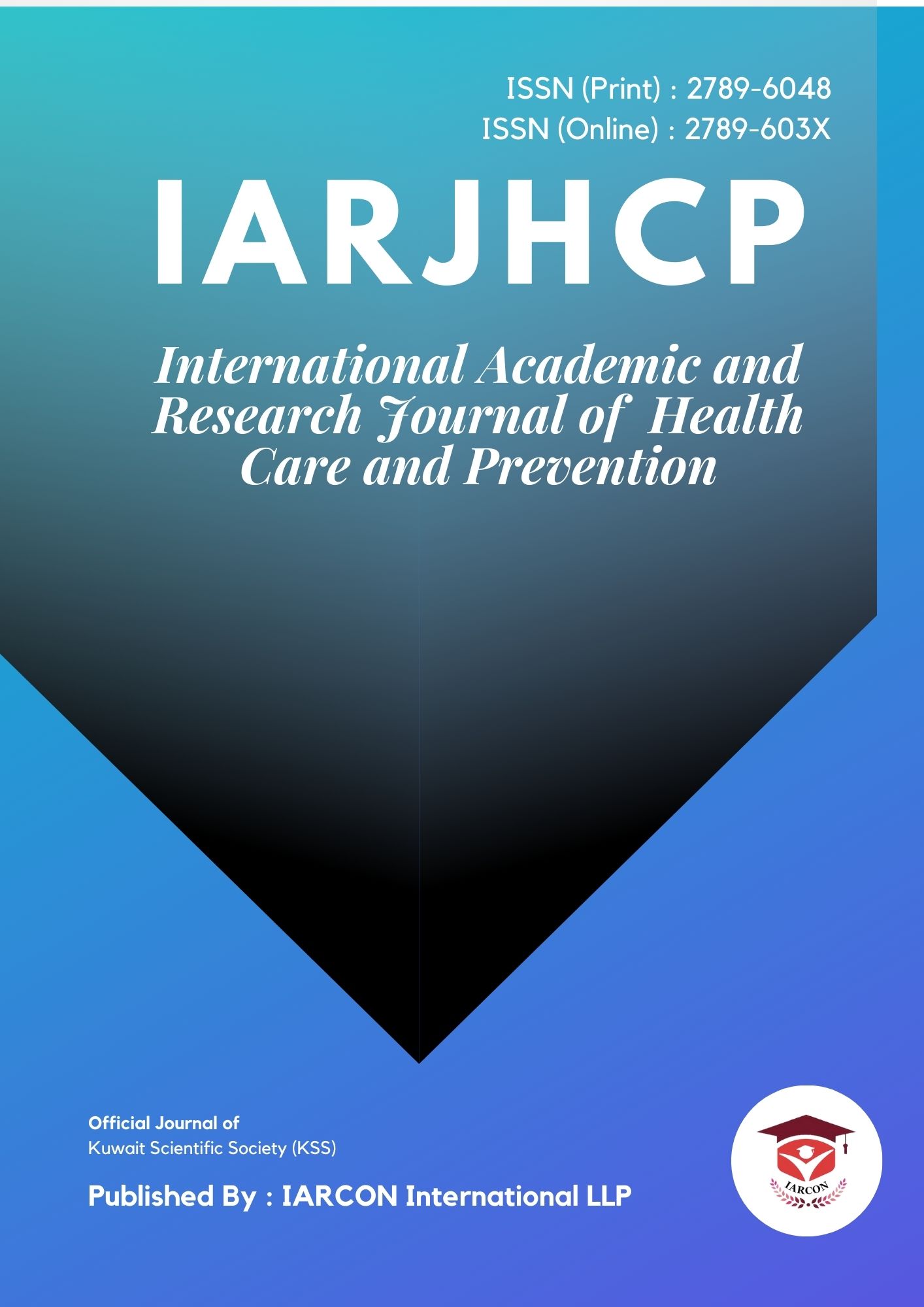Integrating One Health: A Comprehensive Strategy for Tackling Zoonotic Diseases Across the Human-Animal-Environment Interface
Zoonotic diseases represent a critical interface between human, animal, and environmental health, demanding an integrated approach to mitigate their global impact. These diseases, capable of crossing species barriers, pose significant challenges to public health, veterinary care, and socio-economic stability, particularly in regions with close human-animal interactions such as rural India. This review synthesizes current knowledge on the transmission, diagnosis, and control of key zoonotic diseases including Brucellosis, Anthrax, Leptospirosis, Plague, Tularemia, Endemic Typhus, and Glanders Disease. It highlights the complexity of their transmission dynamics, which range from direct contact and vector-borne to environmental pathways, and underscores the necessity for robust surveillance, advanced diagnostic methods, effective treatment regimens, and comprehensive preventive strategies. Emphasizing a One Health approach, the review advocates for interdisciplinary and cross-border collaborations to address the multifaceted challenges posed by zoonotic diseases. Through a synthesis of current scientific understanding and practical insights, this review aims to guide future research, policy-making, and implementation strategies in the ongoing fight against zoonotic diseases, contributing to the enhancement of global health security.

